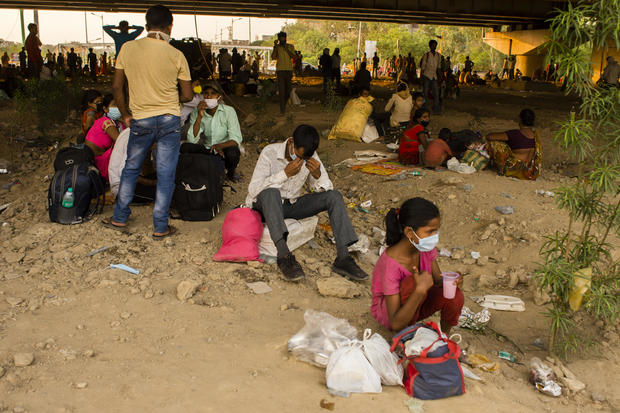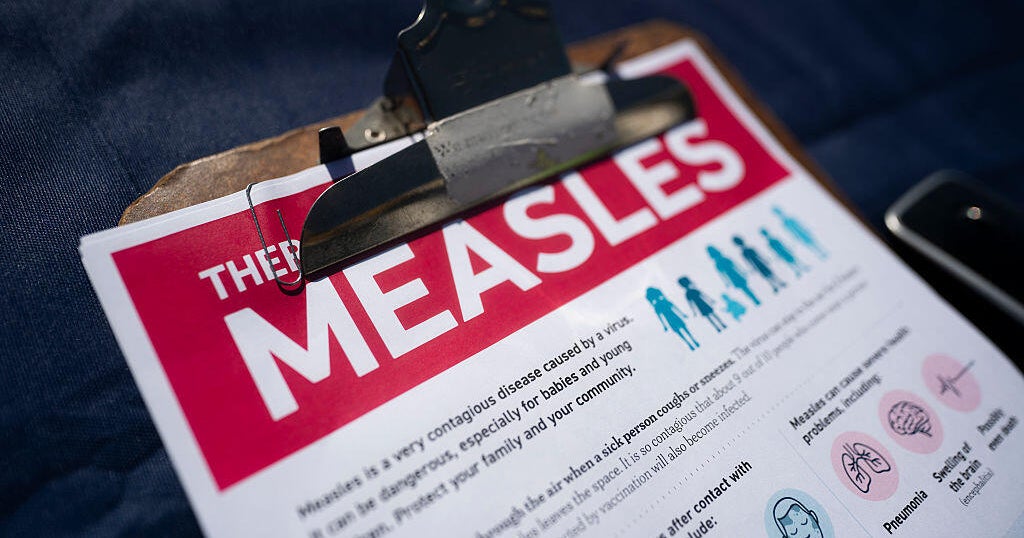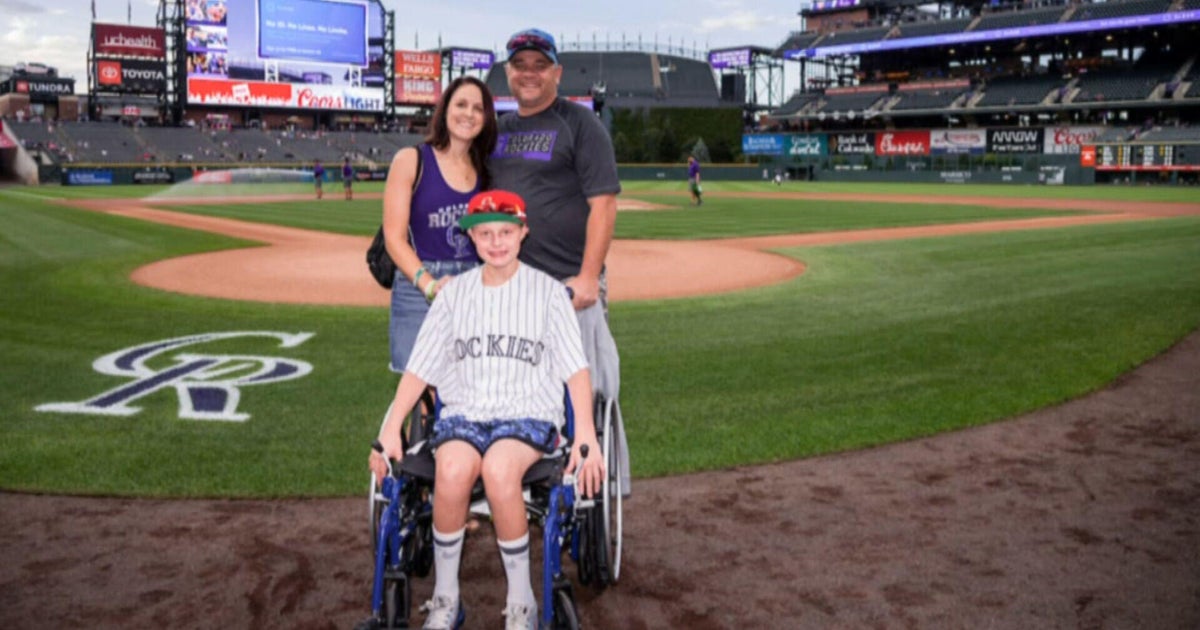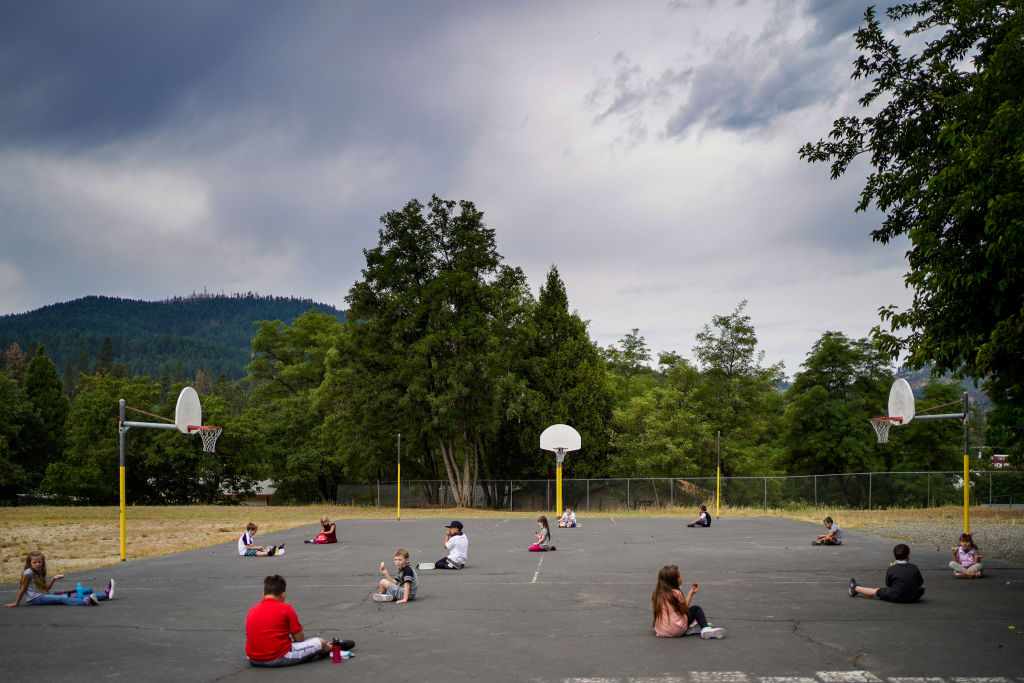Lockdown measures eased even as India becomes Asia's COVID hub
New Delhi — The number of reported coronavirus cases in India crossed 100,000 on Tuesday as most parts of the country began to reopen businesses under a new phase of the national lockdown. India's Health Ministry reported a total of 101,139 confirmed COVID-19 infections in the country, with 3,169 fatalities from the disease. India's coronavirus outbreak is now the largest in Asia, the data show.
The rate at which new coronavirus infections are being confirmed has shown no sign of slowing despite almost eight weeks of strict lockdown measures that began on March 25. Authorities have just begun easing those measures in some of the most heavily populated parts of the country.
On average, 5,143 new cases were reported daily over the last three days, helping to double the total number of COVID-19 cases in the country from 50,000 in just 12 days.
On Monday, India extended its lockdown by two more weeks, until the end of May, so air travel, most trains and buses, schools and colleges will remain closed across the country. But the federal government also gave states much more freedom to decide when to relax restrictions on business, industry, public transport and other economic activities.
The steps taken so far to fight India's epidemic have been effective and appropriately timed, federal Minister of Health Harsh Vardhan insisted Monday. The ministry issued new guidelines Monday urging people to maintain about a yard of social distance, making face coverings mandatory in public places, and slightly easing rules for office workers.
Several states and large cities, including Delhi, Bangaluru and Hyderabad, decided to reopen most businesses, offices and some public transport in this new, fourth phase of the lockdown. But at least six states, including the worst-hit southern state of Maharashtra, have extend their lockdown measures with few if any relaxations until the end of May.
Maharashtra has reported more than 35,000 cases and 1,249 deaths so far. Mumbai, India's financial hub and the capital of Maharashtra state, is home to 20 million people. There have been 21,335 COVID-19 cases and 757 deaths in the metropolis alone.
"The number of cases in Mumbai is likely to increase four times. We have to be prepared for the worst," Maharashtra's Health Minister Rajesh Tope told the press on Monday.
The relaxation of national restrictions is meant to ease the economic impact of the lockdown, which has hit India's already-struggling economy hard with business closures and millions of people out of work.
Prime Minister Narendra Modi, who announced a $260 billion coronavirus relief package last week, also warned that people would have to learn to live with the virus, as it's here to stay.
But experts fear easing the lockdown measures so aggressively now could further increase the rate of infections, which has already been on the rise. Given India's high population density, especially in low-income urban areas, maintaining social distancing will be a major challenge.
"Testing, measuring, and publishing accurate data on cases and deaths is the best way to get people to continue to take the disease seriously," Dr Ramanan Laxminarayan, a public health researcher and director of the Washington-based Center for Disease Dynamics, Economics and Policy (CDDEP) told CBS News. "Otherwise, the epidemic may grow under our feet and we will be surprised when it seems to climb suddenly and seemingly without warning."
Some states are still in the process of deciding which restrictions to ease, if any, in this fourth official phase of lockdown.




